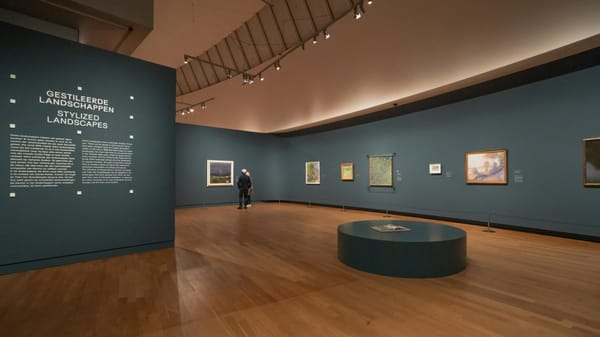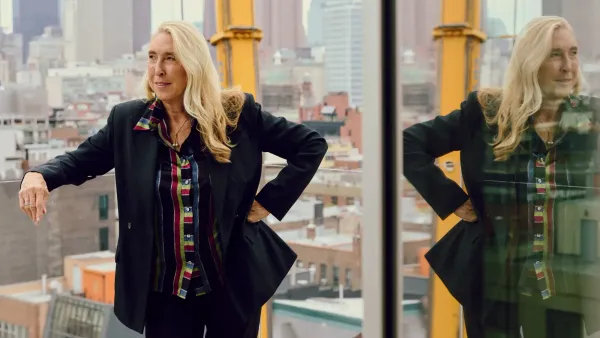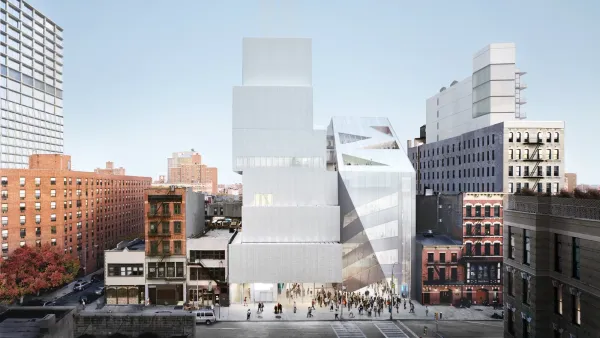Britain’s Schools Bring Back the Arts: Why Scrapping the Ebacc Could Spark a Creative Revival
After years of decline in arts education, the UK’s move to scrap the Ebacc marks a turning point. Teachers and artists call it a long-overdue revival — but without funding, can creativity truly return to every classroom?

For fifteen years, British classrooms dimmed. Art blocks turned sterile, music rooms fell silent, and test prep took the stage. Since 2010, enrolment in arts GCSEs dropped by 40%, and almost a quarter of arts teachers vanished. The message was simple — creativity was optional, not essential.
Now the tide shifts. The government’s plan to scrap the English Baccalaureate, reported by The Guardian, signals a break from the austerity of imagination. For the first time in years, the arts are being recognized as a right, not a reward.
“Scrapping the Ebacc is the end of madness,” playwright James Graham said recently. For him, the policy had turned cultural opportunity into a class privilege. Sculptor Antony Gormley called the removal “something to celebrate,” while artist Anish Kapoor told the arts bring “a sense of empathy to our younger citizens – something deeply needed, especially now.”
Composer Andrew Lloyd Webber, in the same report, praised the move but warned that “there is still no flesh on the bones.” The concern echoes across the sector — where’s the funding, the instruments, the teachers? Maria Balshaw of Tate noted that educators have long complained about “not having space in the curriculum.” Drama director Indhu Rubasingham told she’s watched teachers abandon their subjects after cuts left them adrift.
Playwright Beth Steel, who grew up in Nottingham, said the change felt like a lifeline. “A school trip to see Rothko paintings at fourteen changed everything,” she said. “The government’s decision to scrap the Ebacc is such a huge step in the right direction for working-class children.”
Others see this as more than curriculum repair. Alex Beard of the Royal Ballet told The Guardian that in an increasingly digital and divided world, the arts are “needed more than ever” to rebuild empathy and critical thought. Saxophonist YolanDa Brown added that “a child’s postcode shouldn’t decide whether they can play.”
Still, the risk of another hollow promise looms. Without real investment, this “revival” could stay ink on paper. But for now, something flickers across classrooms — the sound of instruments being tuned, paint trays refilled, and students rediscovering color.
After years of silence, Britain’s schools might finally start to make noise again.
Reporting references and quotes originally appeared in The Guardian’s coverage of the government’s proposed arts curriculum reforms.





